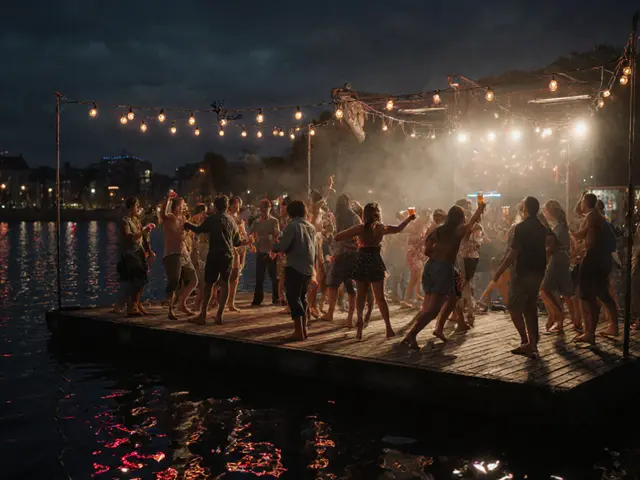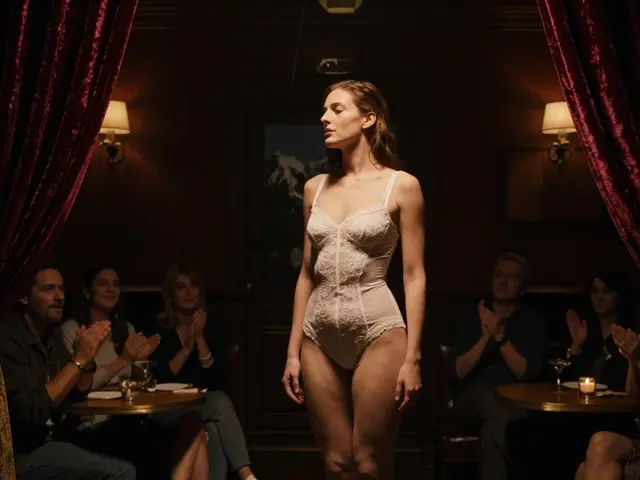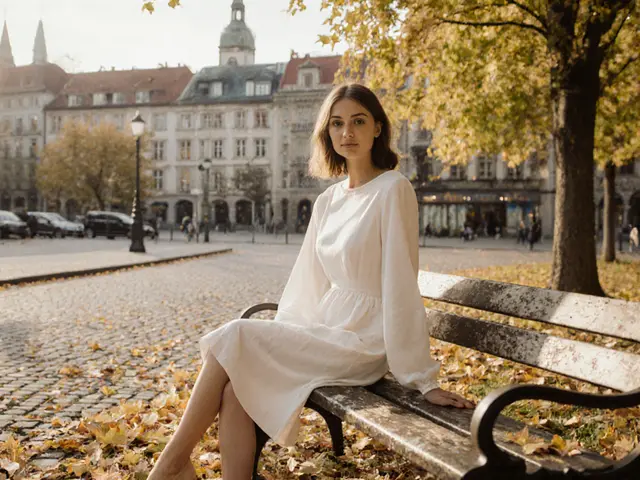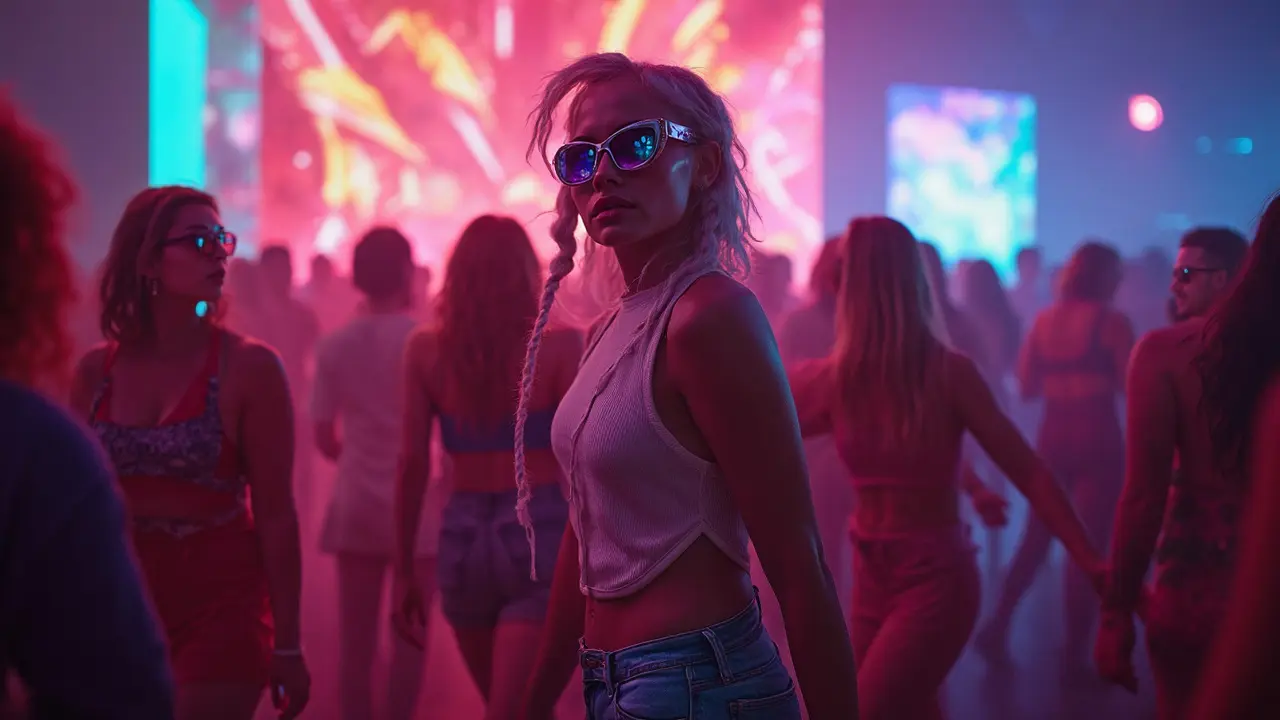
It’s probably the only city where you’ll see polished Mercedes outside a club at 5 a.m., the air thick with debate about art, politics, and whether techno or Schlager best pumps up a dance floor. But in the spring of 2024, Munich caught a new kind of spark. The buzz around Anny Aurora, a digital icon turned local phenomenon, wasn’t just about scandal or Instagram followers. She shifted the nightlife, lit up discussions about personal freedom, and even rebooted Munich’s image as more than just a fancy beer town. People showed up in droves—not just to spot a star, but to feel part of something bolder, louder, more honest than anyone had expected.
Who Is Anny Aurora and Why Did Munich Care?
Ask around Munich and you’ll get wildly different takes. To some, Anny Aurora is the voice Gen Z didn’t know it needed: outspoken, unfiltered, relentlessly creative. Her roots are in the world of digital entertainment, but she stretched way past those borders. It started online, sure—a series of viral streams and candid interviews where she didn’t just talk about sex-positivity or mental health; she made them feel like something your neighbor would say. No fluff. No shaming. And she did it while pairing vintage Brioni jackets with thrift-store sunglasses.
When Aurora announced she’d “take over” Munich in early 2024, it seemed like classic influencer bluster. But from her first pop-up DJ gig at Blitz Club, the crowd knew something was different. Suddenly, people who’d never felt cool enough for Munich’s velvet-rope sets found themselves on the floor, no looks of judgment—just real curiosity. Local journalist Jakob Siebert wrote, “She broke the unwritten eye-roll code. You could wear what you wanted, love who you wanted—and talk about anything.”
If you trace it back, Munich’s always had layers underneath the lederhosen exterior. But Aurora gave the city’s young creative crowd someone relatable and—more importantly—willing to put herself on the line. She hosted open mic poetry, posed for charity fashion shoots, organized talks about digital burnout (even though her own screen time hovered at 9 hours a day). The city got noisy, sure, but also more open, less clique-ish. And as student visitors from other cities put it, “Munich finally stopped pretending it was just Berlin’s shy little sibling.”
Lighting Up the Night: The Adult Playground Reimagined
Ask someone what Munich nightlife meant pre-Aurora, and you’d hear about safe routines. A beer garden, a club with a Latin night, then kebabs and street sweepers at sunrise. Aurora’s energy landed different. Her events blended drag queens with data scientists, classic burlesque with NFT art, all under roof gardens glowing with colored LEDs. If it sounds chaotic, it was. But it made people talk—and listen—about new ideas in ways that just didn’t happen in Munich’s old-style places.
Her most infamous move? The Electric Playground in May 2024. Picture it: a 19th-century warehouse, walls covered in morphing digital graffiti, local bands sharing the stage with European pop acts. Aurora invited dancers, academics, and local activists to try activities that ranged from improv comedy to 4 a.m. meditation workshops. According to a mini-survey run by CityLife Magazin, 42% of Munich’s nightlife regulars admitted Aurora’s approach made them “more likely to try something they’d previously found weird or intimidating.”
It didn’t stop at parties, either. Aurora pushed for more about safety and inclusiveness in city venues—asking bars to offer testing kits for party drugs, encouraging spaces to keep a gender-neutral dress code, and campaigning for reduced-entry nights for students and service workers. The numbers back it up: within six months, participation at non-traditional events in Munich shot up by 23%, according to Munich Night Pulse, a data platform tracking urban cultural attendance.
Here’s a peek at how Munich’s scene changed since Aurora came along:
| Event Type | 2023 Avg. Attendance | 2024 Avg. Attendance |
|---|---|---|
| Alternative Club Nights | 800 | 1,250 |
| Queer-Focused Events | 430 | 780 |
| Open Mic / Community Talks | 120 | 350 |
That’s not just hype—that’s a city shaking off its dust in real numbers. People who never felt seen by Munich’s high-society reputation suddenly had somewhere to belong.
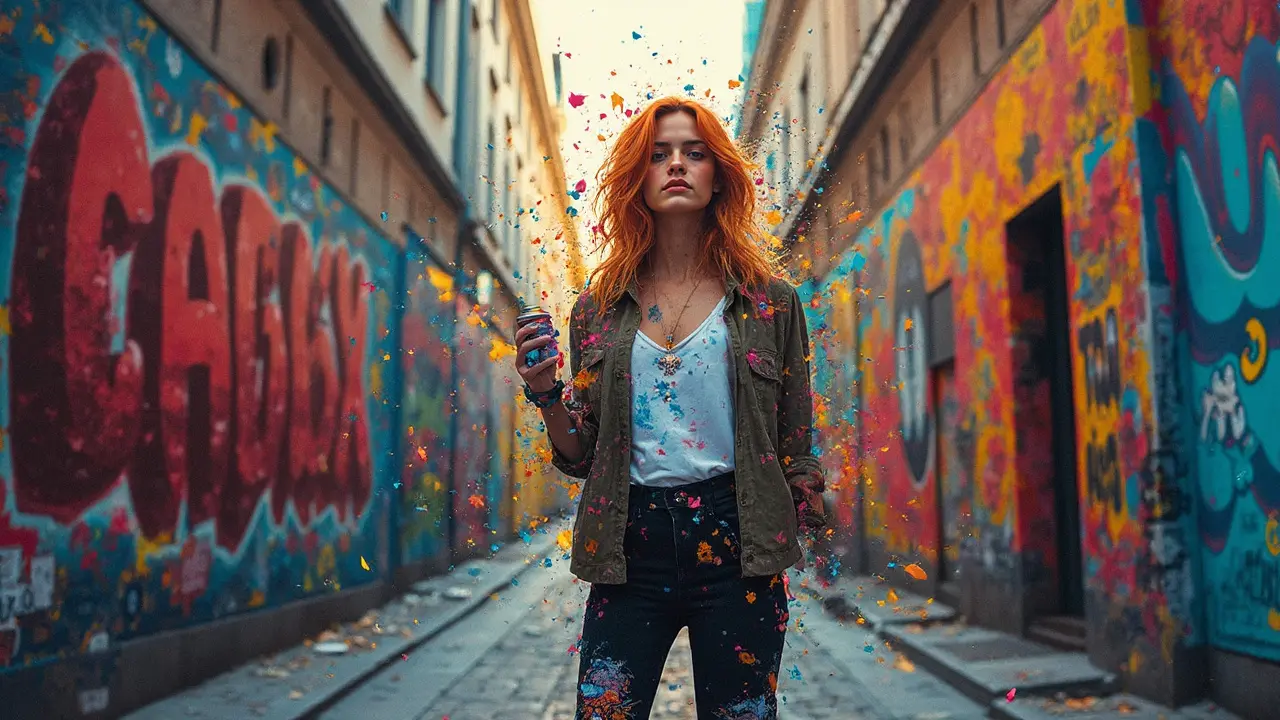
Behind the Scenes: The Art of Community Building
Let’s get this straight—Munich didn’t change overnight, and Aurora isn’t the first to try smashing glass ceilings here. But her real secret wasn’t just headline-making parties or viral TikToks. She put in the time building real relationships with underground artists, street musicians, and young organizers who usually got sidelined by big sponsors. Folks like Dennis Reisch, a young graffiti collective leader, said in a June 2024 interview, “She doesn’t just talk at you. She listens, then asks what you want to build.”
This hands-on community approach showed in her weekly drop-ins at skate parks and her midday kaffeeklatsch sessions in out-of-the-way cafés (where the barista might turn out to be the next DJ for her party). She encouraged collaborations that merged old-school Munich—think brass bands and wood-carved murals—with hypermodern stuff like dance music made from AI-mashed cowbell samples. Anyone could walk into her events and end up networking with gallery owners, writers, or tech start-up founders. That sense of access, without the usual social snobbery, reshaped how younger crowds saw their city’s creative future.
Aurora’s team ran regular skill-building sessions: how to navigate social media safely, cook on a budget, or just manage anxiety about showing up to events solo. For many, these “mini academies” were the first real push to leave their comfort zones. Plus, her transparency—sharing mistakes, ugly truths, or struggles with public life—tore down the wall between online persona and daily reality. That honesty drew even the city’s more reserved residents into conversations about creativity, self-worth, and the messiness of growing up with digital noise always on.
By mid-2025, her influence had trickled up from the clubs and studios into city planning committees. There’s a quiet, growing consensus: to keep talent in town, keep the gates open and the rules flexible. Aurora proved that if you really want to rebrand a city, you do it one genuine handshake at a time.
Lessons from the “Aurora Effect” – What’s Next for Munich?
Munich’s newfound boldness didn’t fade after the buzz. In fact, Aurora’s playbook—radical inclusion, zero posturing, real talk—has begun creeping into other corners of Munich life. Mainstream festivals now feature underrepresented creators because the demand is loud and present. Student groups have lifted barriers to entry, and ticket platforms are partnering with mental health orgs for support at big events.
If you’re a visitor, wanting a taste of Aurora’s Munich, hit up an underground art show off Gärtnerplatz or late-night pop-up jazz in a student basement. Don’t worry if you don’t know anyone—strangers are less strange these days, and someone’s almost always keen to share what drew them out tonight. Aurora herself keeps sharing where to find her next on Telegram groups and Discords, so don’t be shy to peek in.
For locals, adapting to a city waking up means learning not to apologize for being curious or unconventional. The best tip? Ditch the “what will they think?” reflex. Join a drop-in poetry jam, sign up for a cooking demo with people from different backgrounds, or just try a club that used to feel “not your scene.”
Where’s it headed? With more spaces crossing arts, tech, and activism, Munich could soon lead not just in beer and cars, but as an example of urban cool. Young people from across Europe mention Munich now as much as Amsterdam or Copenhagen when they talk about spots you “have to experience once.” And in the middle of this surge, Aurora keeps doing what she does best—not leading from the top, but sparking small, lasting fires all over town. That, in the end, might be Munich’s real glow-up.

